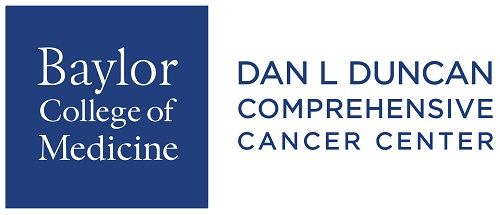
Dr. Musher on Investigational Combination Therapies in HCC

Benjamin Leon Musher, MD, associate professor of medicine, hematology and oncology, at Baylor College of Medicine, discusses emerging combination therapies in hepatocellular carcinoma (HCC).
Benjamin Leon Musher, MD, associate professor of medicine, hematology and oncology, at Baylor College of Medicine, discusses emerging combination therapies in hepatocellular carcinoma (HCC).
One trial that is generating excitement is the ongoing phase III IMbrave150 trial, which is combining the VEGF inhibitor bevacizumab (Avastin) with the PD-L1 inhibitor atezolizumab (Tecentriq). The effectiveness of that regimen is being compared with sorafenib (Sutent) in treatment-naïve patients with advanced HCC. Investigators are eagerly anticipating the results of that trial, says Musher. If the approach proves to be beneficial, there will be several frontline options to choose from in the treatment of these patients.
Strategies with immunotherapy, including CAR T-cell therapy, are also under investigation. In HCC specifically, investigators are looking at targeting certain HCC antigens and oncolytic viruses with or without checkpoint inhibition. The advantage with immunotherapy is that if patients achieve a response, the responses are durable, adds Musher. However, HCC is not a simple disease, and as such, some type of combination therapy will be required in order to stabilize or shrink the tumor. Additional work looking at the etiology of HCC may help investigators uncover predictors of response to certain agents. This, alongside biomarkers, will help guide treatment decisions one way or another, he concludes.






































